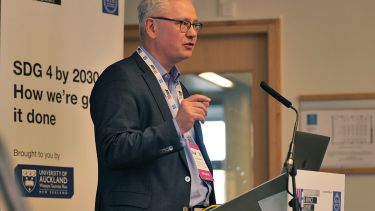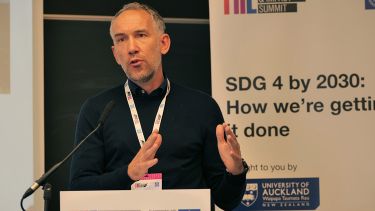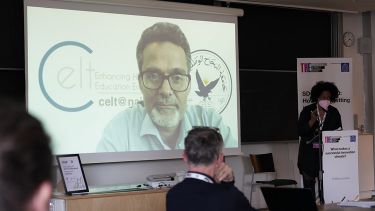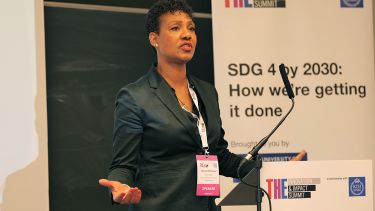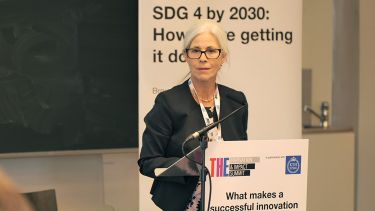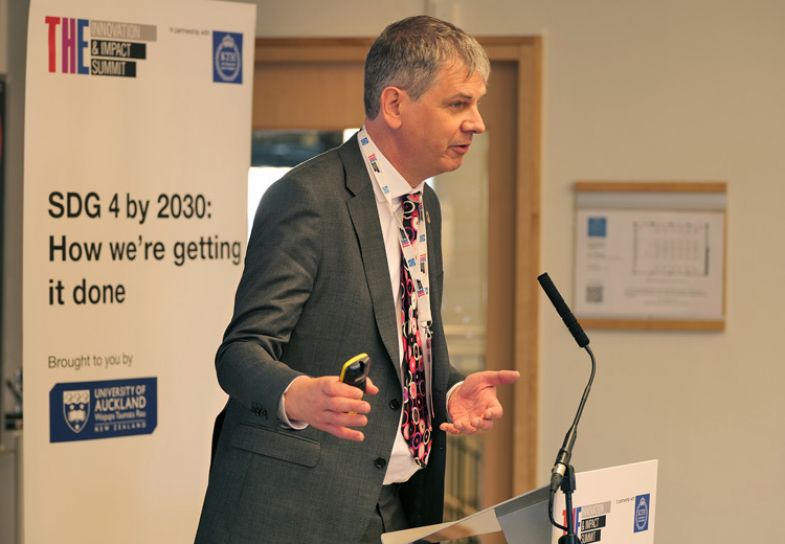
More universities than ever are participating in impact rankings, but what can they tell us about an institution’s work to support the UN’s 2030 targets?
Since the 2018 launch of Times Higher Education’s Impact Rankings, which measure an institution’s success in delivering on the United Nations’ Sustainable Development Goals (SDGs), the number of participating universities has increased from 580 to 1,524. This growth offers an indication of just how much the SDGs are influencing university activity.
SDG 4, with its targets pertaining to the provision of quality education, offers a rich dataset to measure impact, and yet there is only one mention of higher education among its 10 targets. How much impact can a university have on SDG 4 alone?
Speaking at the University of Auckland’s pre-summit event before Times Higher Education’s 2022 Impact and Innovation Summit, Duncan Ross, chief data officer at Times Higher Education, explained that SDG 4 was integral to all SDG goals, and he set out how universities could support the wider education ecosystem through teacher training.
“We have a series of challenges there that are around equality and access, which is really critical in higher education but also throughout the educational pipeline,” Ross said. “You have a responsibility to support primary education, because if students can’t get the start in life through primary education, they will never end up in universities.”
There are four broad metrics used to measure SDG 4 impact, relating to bibliometrics and research activity, the number of graduates with teaching qualifications for primary education, the proportion of first-generation students, and the provision of lifelong learning. Maximising social impact, however, involves thinking more broadly about the SDGs and how they can be supported.
“They all interact in complex ways,” Ross concluded. “All SDGs benefit from teaching and learning. The biggest single thing that universities could do would be to ensure that everyone who leaves university takes that understanding of what it means to be a sustainable citizen with them into their future.”
Find out more about the University of Auckland.


